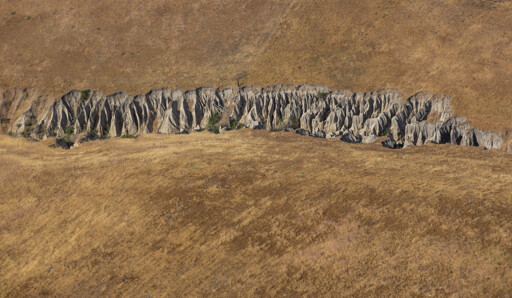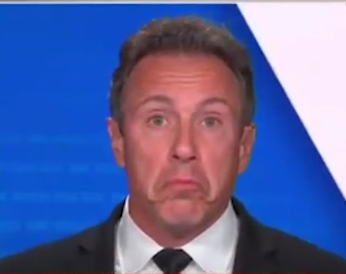nah it’s the tarrifs bro
You know, that’s interesting. I know a farmer who does small farming (for CSA boxes and local restaurants) and his farm is doing just fine because he grows a variety of things, properly takes care of his field, cycles crops around, composts all the waste, uses natural things like chickens and bees to help care for the land…his farm is producing really well even though this was kind of a weird year for his region.
Almost like if you farm properly to grow food for people to eat instead of farming for short term profit alone, the land doesn’t turn into a giant dustbowl

Yeah, we figured this out more than ten thousand years ago. But why think about next year when you can squeeze the ever loving shit out of this one?
La via campesina and other food/peasant movements have been saying that agroecology is the only way to make sure everyone has enough food in the future for about 50 years already.
Everyone working in food research or agronomy knows that, but we don’t get the big grants from bunge, Cargill and so on.
ok but can his farm grow 10 million tomatoes that taste like plastic?
No, it can grow a few hundred tomatoes that taste fucking delicious instead!
i hereby charge this man with terrorism
deleted by creator
Have they tried using jira to make the soil work faster? The soil needs to be send on a time management course
The soil is quiet quitting
Sounds like the soil needs a pizza party
Buries pizza
they should give the soil a zero interest loan
:chuckles-i’m-in-danger:
been waiting for this to break into the mainstream for a while. really hate that I’m increasingly viewing the rest of my life as waiting around until I starve to death. Or asphyxiating if things go reeeeeally bad.
I know this is the doomer sub but soil “productivity” isn’t a permanent problem, it’s an economic one and a sign of a system under stress.
Soil health can be restored, but it’s easier and cheaper for farmers to declare soil “unproductive” (to project capitalistic language onto a natural process) than to take the action to restore it.
Bookchin was cooking so hard when he helped invent the concept of dialectical naturalism because this is a perfect example of it in action, but also a perfect example of how we still have autonomy to repair our food chain.
Yes! Leaving the land fallow and doing erosion control can do this. Nitrogen can be fixed by planting legumes and phosphorous can come from biosolids (either animal or human )
Instructions unclear. I planted 50 acres of feed corn and burned half of it to raise prices.
Removed by mod
Removed by mod
deleted by creator
anecdotal, but I knew a guy who knew a guy who did contract work analyzing soil for companies
Combination of pesticides and fertilizer get you stuck in a loop of constantly buying more of each to combat the long-term effects of last year’s fertilizer and pesticides. Also, apparently cannabis growers are the most egregious of these industrial agriculture producers. Being in a weird space with federal regulations, there isn’t much oversight in regard to the sort of fertilizer and pesticides they use, so it ends up being the very worst sorts available.
deleted by creator
Hard to solve a problem when every solution must include profitability.
deleted by creator
Fuck that fancy shit. Cannabis is a resilient plant we should be throwing hardy seeds everywhere and using them for everything for free.
Soil doesn’t want to work anymore

Dust bowl 2.0, birdflu, genocide, another school shooting, UFOs, and climate worsening. Oh yeah we’re in the cool zone
Mandate of heaven: lost
Oh you thought you could just slather fertilizer on your field every year and get infinite gains? Fucking loser modern farmers.
Three field system stay winning (I don’t know literally anything about agriculture).
The sort of large scale, highly mechanized agriculture that led to today’s cheap-by-historical-standards food prices was never going to last, and the future is probably going to see a large portion of the workforce in high-income countries return to agriculture. Get your land before Bill Gates does, I guess.
Rotate. Your. Fucking. Crops.
By how much in radians?
deleted by creator
oh
nah it’s the tarrifs bro
The article suggests it’s actually price gouging post covid
We did it, reddit.
We’re gonna have to start eating TVs
Have I read this something like this in Capital Volume 3
Something something, @[email protected], go take it away
Toward the beginning of chapter 40, I think Marx is getting to the scenario that caused the dust bowl. Successive investments of capital on a soil of declining productivity eventually will reach a point where the sale price of the crop won’t cover the rent on the crop land





















